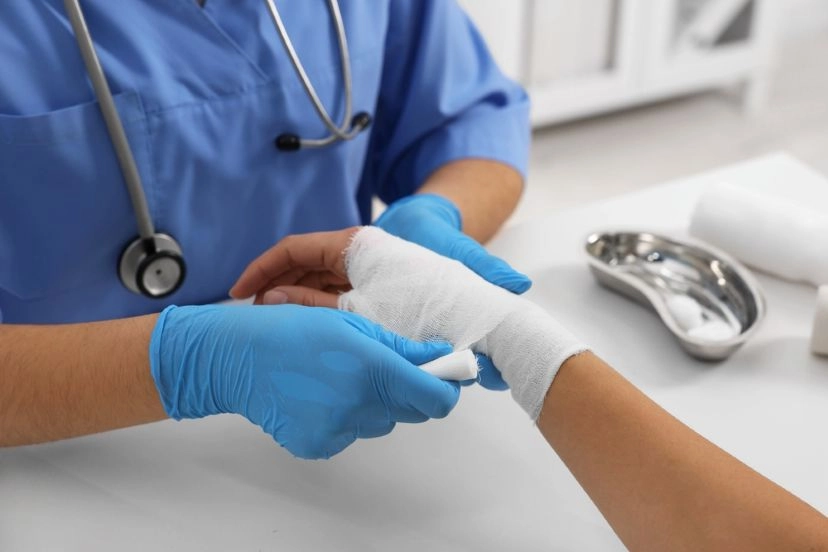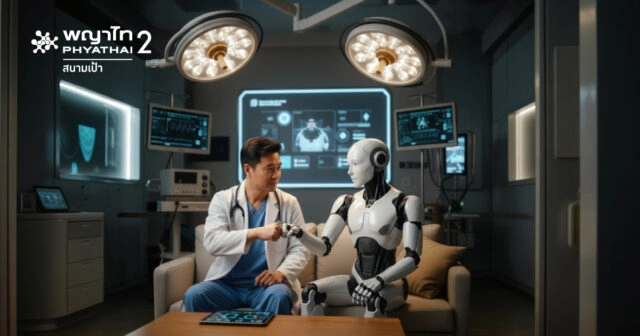You can have stroke even when you are young

People who used to think that stroke is a risk only in elderly people or people older than 65 years might have to rethink. This is because although this disease can severely impact the quality of life and is the cause of death of many elderly people, today we are finding that stroke is occurring more and more in younger people and even people who are under 50 years of age.
How can you experience stroke even when younger?
Data from the Thai Ministry of Public Health show that each year there are more stroke patients with over 30,000 deaths annually. Normally, this disease can occur in any sex or age, and it is found especially more commonly in people aging 18-50 years, even though it used to be more common in patients older than 65 years.
The major causes of stroke in younger patients might not be age, sex, ethnicity or genetics. Alarmingly, stroke with unknown causes is the number one cause in younger patients, followed by ischemic stroke, and blood clots causing obstruction in the brain, which is coming in patients with rheumatic MS. Accordingly, the major factors for stroke include diabetes, hypertension, cigarette smoking and high cholesterol levels.
When stroke occurs acutely, it is difficult for the body to recover afterwards. However, with swift and correct treatment, the risk of death and disability can be decreased while increasing the chance of the patient returning to normal living sooner.
BEFAST: Warning Signs of Hemorrhagic Stroke and What to Do
B = Balance: The patient suddenly loses balance, feels dizzy and experiences vertigo.
E = Eyes: Vision becomes blurry, or the patient cannot see at all, or the patient has double vision.
F = Face Droop: The face becomes numb or weak, and when the patient smiles, the corner of the lips will droop.
A = Arm Weakness: Weakness on one of the arms and inability to make a fist.
S = Speech Difficulty: Lip contortions, slurred speech, speech difficulty, inability to speak, loss of ability to speak.
T =Time to call: Immediately notify hospital personnel to transport the patient to the hospital.
Physical and Psychological Recovery in Stroke Patients
Even though it cannot clearly be predicted when stroke will occur, it has been found that younger patients experience more effective physical recovery, but that these patients experience difficulty in recovering psychologically. For example, they experience stress, anxiety, depression and fatigue, and their stress and anxiety levels are usually higher than in older patients, and they may also face problems with divorce or changes in family and social roles. Therefore, treatment must cover both the physical and psychological aspects of patients.


